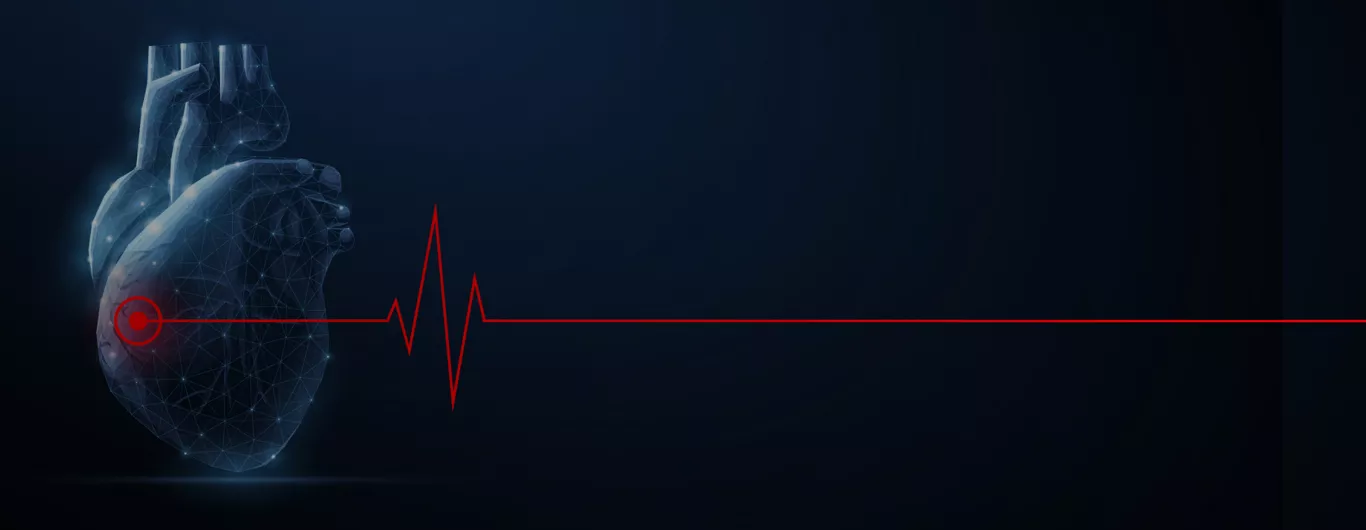Aster Heart Rhythm Centre is a specialized centre operating under Aster Cardiac Sciences and is dedicated to the diagnosis, treatment, and management of cardiac arrhythmias or heart rhythm abnormalities. Our center provides exceptional care to patients affected by irregular or abnormal heart rhythms, utilizing a multidisciplinary approach and the latest advancements in medical technology such as Cryoablation. With a team of highly skilled cardiologists, cardiac electrophysiologists, nurses trained in electrophysiology, and support staff, we are committed to delivering personalized and comprehensive care to patients of all ages. Aster Heart Team is well recognized for its expertise in dealing with complex cases of arrhythmias such as arrhythmias in pregnancy, arrhythmias in athletes, inherited and genetic arrhythmias and arrhythmias in congenital heart disease.
Our Doctors
We have some of the best specialists from around the world, they bring years of experience and offer evidence-based treatment to ensure the best care for you.
Treatments & Procedures
We provide comprehensive treatment for all types diseases under one roof. Our highly experienced doctors supported by especially trained clinical staff, ensure the best care for you.
Advanced Technology & Facilities
Well equipped with the latest medical equipment, modern technology & infrastructure, Aster Hospital is one of the best hospitals in India.
• Electrocardiogram (ECG)
• Echocardiogram (ECHO)
• Holter Monitor
• Remote Monitoring
• Event Recorder
• Implantable Loop Recorder
• Head-Up Tilt Table Test (HUTT)
• Stress Test
• Cardiac Electrophysiology (EP) studies
• 3D Mapping
• Diagnostic & RF Ablation
• Cryoablation
• Hybrid Operation Theatres




